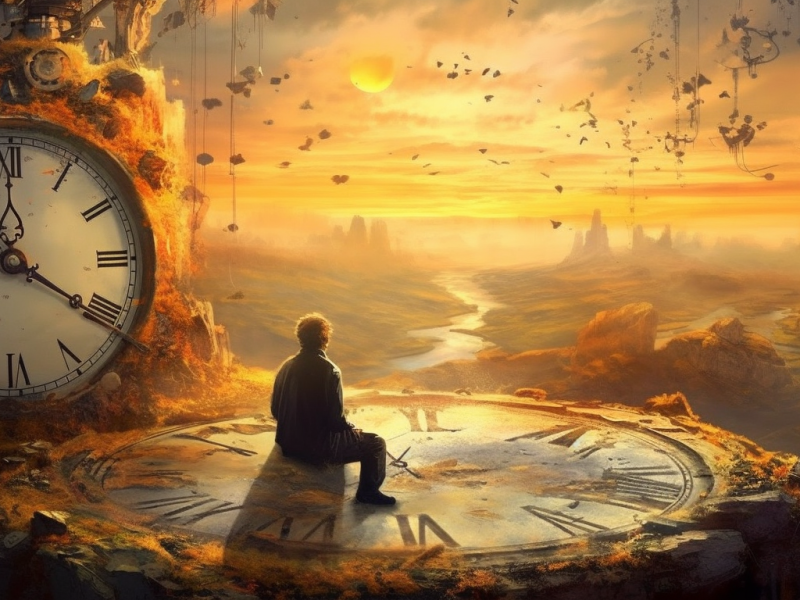Authors

Hell is empty and all the devils are here.
Or so wrote William Shakespeare. But in the late 1990s–at least according to Evangelical Christians–hell was full to overflowing and yearning for more souls. The Satanic Panic was in full swing. Here are some stories from our Facebook community. It’s almost unbelievable what religious people will teach their children. If any of these superstitions resonate…
Read More
What’s My Purpose Now?
When we’re in the thick of Christianity, we’re bombarded with the idea that if we leave we’ll no longer have purpose or meaning in life. Our life’s purpose is given to us by the church, and if we “turn our backs on them,” we have nothing. But it’s simply not true. I turned once again…
Read More
Dear Younger Self
For many of us, fundamentalist religion stole years of our lives, and so this month, we are going back in time and speaking to our younger selves. I turned, once again, to our private Facebook group for inspiration, and they responded beautifully. If you’d like to write to your younger self, comment below or check…
Read More
How Stoicism Helps
This week I’ll discuss a few ideas from Stoicism and how they helped me during my deconstruction and eventual deconversion. Before I do, I’d like to follow up on something I wrote earlier. In “Intro: Stoicism for Deconstructors,” I wrote: It’s not my goal to “convert” you or convince you but to inform you. Stoicism…
Read More
Purity Culture Doesn’t Get the Last Word
Purity Culture says that monogamous married sex between two heterosexual people is the only good and moral way. Anything that “deviates” is evil and sinful, even an abomination to god. But it’s all a lie. When we leave religion—whether it’s Christianity or any other fundamentalist belief system—we don’t magically forget everything we believed. The homophobia,…
Read More
Finding Secular Community
This week we have a post from a Deconversion Anoymous community member. Every deconvert with an experience of lost, lapsed or damaged relationships over matters of faith has another–likely ongoing–story about the challenge of finding community and friendships afterwards. There are headwinds here. While faith change is a growing demographic, it’s still a niche experience…
Read More
Stoicism: History and Writings
Following up from last week, let’s get into Stoicism. My goal is to apply it to deconstruction, especially from Christianity (which is what I know), but a general introduction may help. Whirlwind History of Stoicism Following is a somewhat tongue-in-cheek history of Stoicism. Once upon a time, in the West, Socrates asked questions. The wrong kind,…
Read More
Intro: Stoicism for Deconstructors
Several years ago, I realized I probably no longer believed. Nothing looked different on the outside, but internally, the bottom had dropped out of my world. Eventually, I settled into a steady state of teetering between trying to regain my faith and faking it to get by. My morning devotional times devolved to reading Ecclesiastes on…
Read More
Get You a Graceful Life Philosophy
Without religion, how do you find meaning? How do you live well? How do you find out how to live well? What is life about, anyway? Secular Religion Throughout her book Doubt: A History, Jennifer Michael Hecht weaves the idea of a “graceful-life philosophy.” These life philosophies are formed after a region becomes more cosmopolitan—many cultures…
Read More
You’re Worth the Work.
May is Mental Health Awareness Month in the US and one thing that suffers greatly under religion is our mental health. I spent years believing that my mind was filled with demons. As soon as I stopped praying, the demons left. Almost like they were never real. One doesn’t have to believe in demons to be…
Read MoreLoading…
Something went wrong. Please refresh the page and/or try again.
